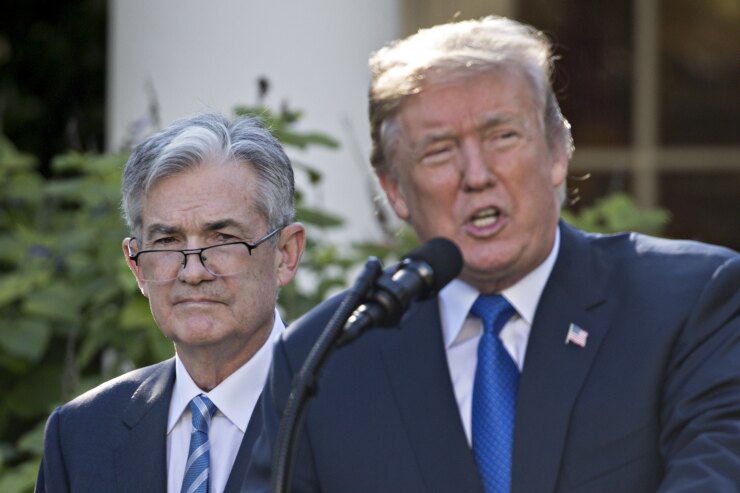
The United States Constitution has been amended 27 times since it was first ratified in 1788. That may or may not seem like a lot, depending on how you look at it — on average, the United States adopts an amendment to the Constitution every ten years or so, which would seem like an infrequent but regular occurrence.
But in practice the United States tends to change the rules of our self-government sparingly, with most of those amendments coming in clusters during periods of social upheaval. The first ten amendments —
All of this is to say that constitutional amendments seem to be ratified either after intense rhetorical — or in many cases literal — battles, or because the proposed amendment is a straightforward enough solution to a pressing political problem that it has no real opponents. Amendments, in political terms, tend to be either very big or very small, and the small ones tend to codify changes that are narrow, broadly popular and/or ensure a status quo to which the public has become accustomed.
With that context in mind, let us consider the institutional independence of the United States' central bank, the Federal Reserve. The Fed was established in 1913 and evolved over time into a unique decentralized structure, which includes both control at the board of governors level and decentralized nodes of power distributed across the land, both of which have voting power in setting interest rates. This arrangement — which relies on both formal and informal policies — is admittedly elaborate, but it has the effect of insulating interest rate decisions from the presidency or from Congress, which empowers the central bank to make unpopular monetary policy choices and politicians from direct responsibility for those choices.
But not everyone sees this arrangement as favorably as I do —
The Supreme Court, as I've noted before,
A constitutional amendment defining the Federal Reserve as an independent branch of government — distinct from the executive, judiciary and legislative branches — would confer onto the central bank an independence of judgment that other branches cannot take away. Such a proposal, depending on how it is worded, could either be very small or very big, and the type of amendment I have in mind here would be politically small. In essence, it would enshrine the Federal Open Market Committee as an independent branch of government, and that's it. Congress would still have the power to determine the makeup and rules of the FOMC just as it has considerable power to determine the makeup and rules of the Supreme Court; the executive branch would name members of the Fed Board just as they do today. But as to the question of what monetary policy would be on a day-to-day basis, that would be solely in the hands of those voting members.
While I can envision a world in which such an amendment would be politically straightforward, very little ever is when it comes to the Fed. Disentangling the Fed's monetary policy functions from its regulatory or even participatory functions would be difficult — whether a president could fire a Fed board governor at will for regulatory policy issues but not for monetary policy ones is one dilemma that comes to mind.
But the bigger problem
But the public also has a tendency to miss things when they're gone. To wit, the 18th Amendment prohibiting the manufacture and sale of alcohol was passed with broad public support, only to be repealed by the 21st Amendment 13 years later. Unfortunately, reasserting an independent Fed once we've lost the one we already have may not be so easy.






